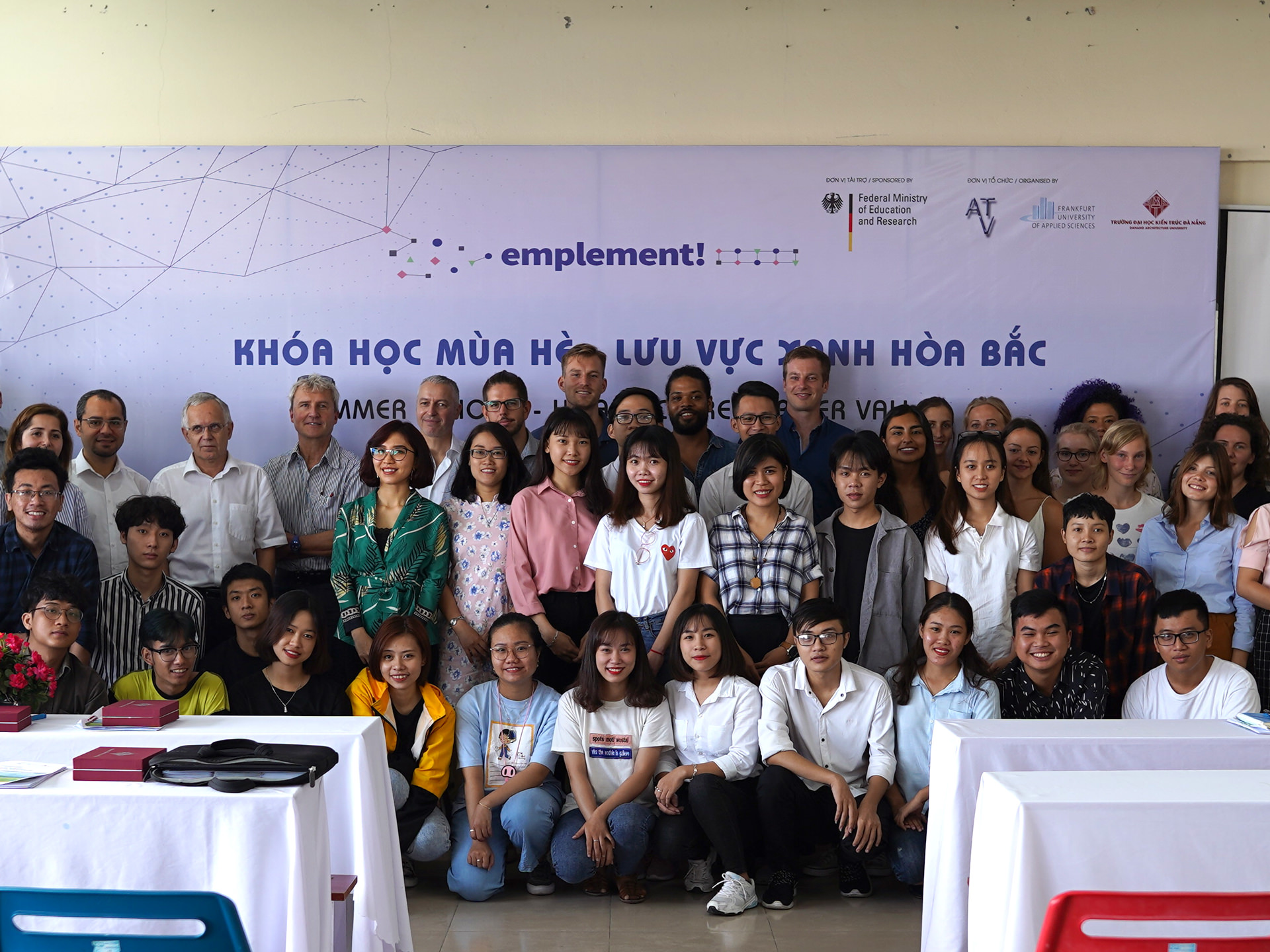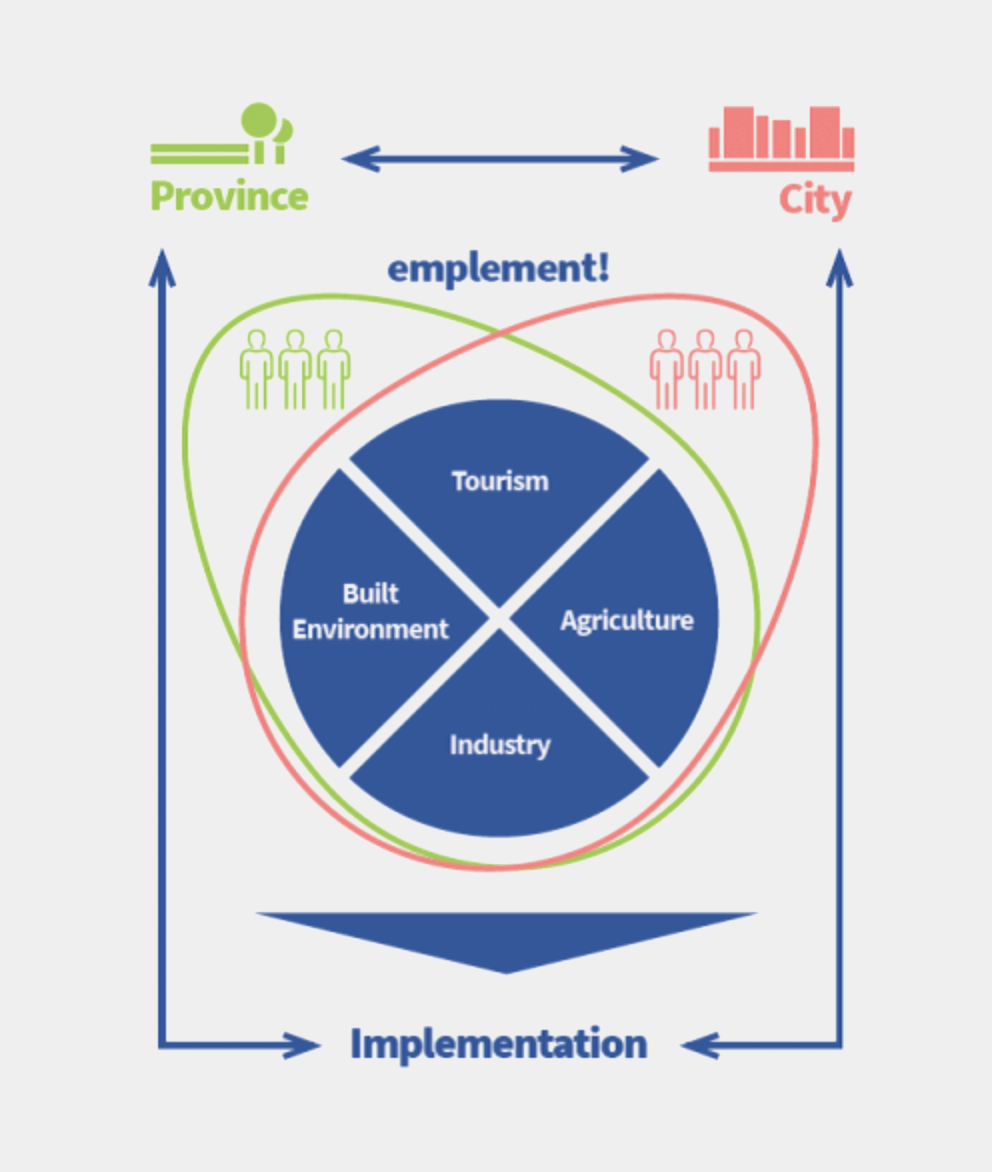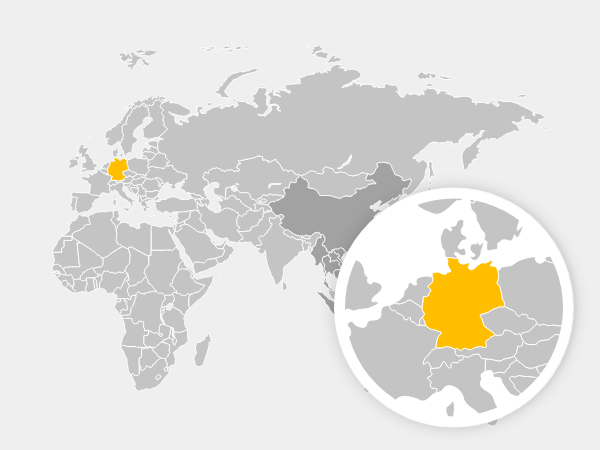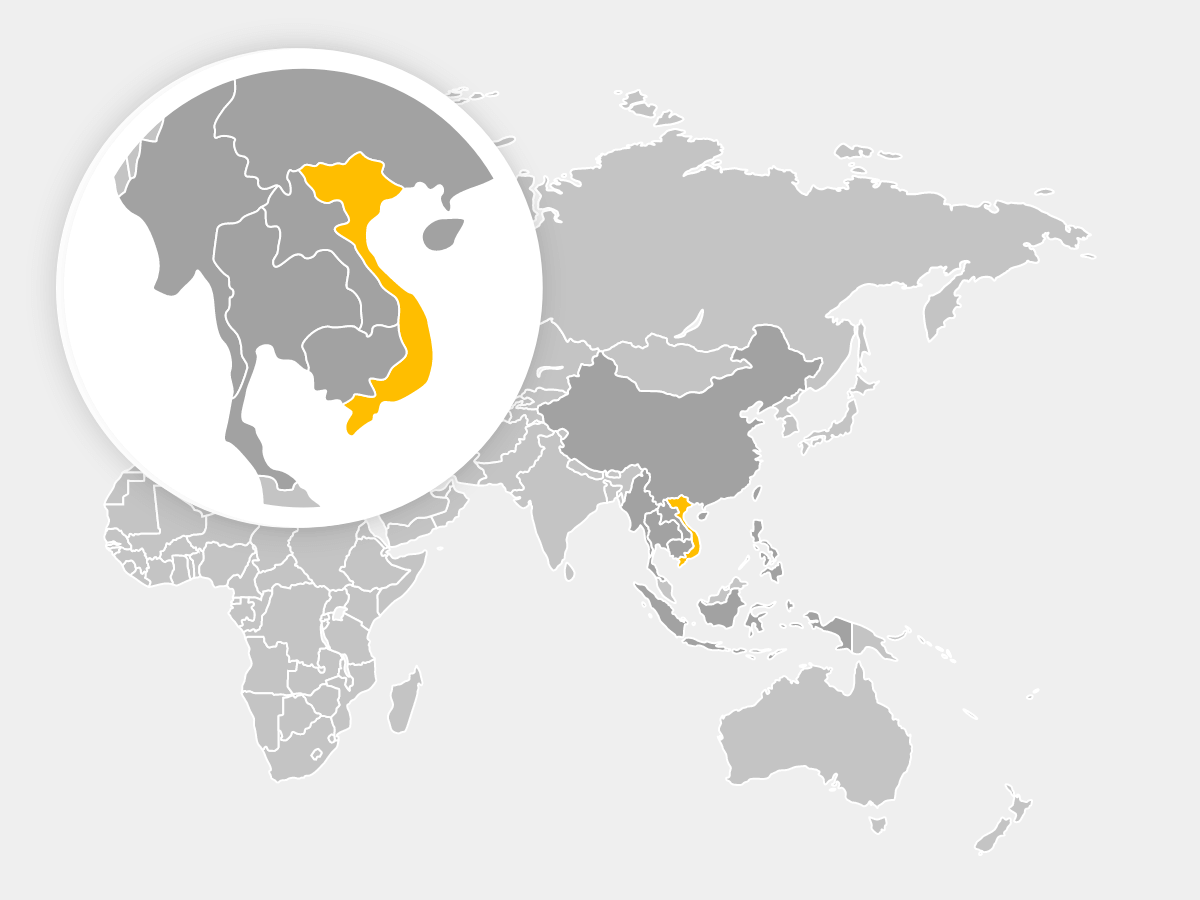The overall goal of emplement! is to support urban regions in their implementation processes of sustainability and resilience strategies. The emplement! approach develops and provides applicable and transferable methods and instruments for this purpose. Spatial, actor-, policy-, technology- and process-related components are integrated. Through the intensive cooperation in the context of urban-rural regions, the aspects of sustainability and climate protection are anchored in the project. Moreover, the resilience against drought, flooding, saltwater intrusion, among others, is taken into account and strengthened. The project activities focus on the four fields tourism, agriculture/forestry, industry, and the built environment – with an emphasis on implementation processes associated with supply and disposal infrastructure. This includes environmentally friendly technologies and methods for water supply, sewage, energy, waste and »safe food«.
As early as 2050, a clear majority of the world’s population – about 70% – will live in cities. Most of this growth will take place in Asia. The institutions, infrastructures and information networks in Vietnam can hardly keep up with this rapidly advancing urbanisation and the rapidly changing demands that come with it. Resource scarcity, emissions, environmental degradation and declining biodiversity are just as much a consequence as increased vulnerability to natural disasters. Due to the strong interdependence between the city and the surrounding area, these vulnerabilities have an impact not only locally, but throughout the entire region. This results in a need for action that must be addressed at the urban-regional level. In order to avoid conflicts, the scarcity of energy and water resources and the increasing use of the natural environment also require sustainable and socially compatible infrastructure and land use concepts.
The development, adaptation and application of methods and instruments to support implementation processes take place on three research levels: At the system level, strategies and plans are analysed with regard to their feasibility and corresponding methods are developed for this purpose. At the technology level, suitable technology set-ups are developed and decision-making aids are provided, and at the implementation level, implementation processes – including those of our own emplement! pilot projects – are scientifically accompanied. Synergy and conflict potentials between the four fields of action as well as between the city of Da Nang and the neighbouring province of Quang Nam are examined. Specific expertise and technical know-how are fundamental prerequisites for the successful implementation of measures. »Capacity development« and the »empowerment« of the actors involved are central elements at the planning level as well as at the practical level of emplement!.
In order to strengthen the resilience and to counteract sustainability problems resulting from the rapid urbanisation, transferable methods to support implementation processes will be developed. The structured implementation research and the scientific results of emplement! will enable stakeholders to sharpen their view on the urban-regional level and thus to use technological and procedural synergy potentials in the implementation of measures in the future. With the systemic-synergetic approach on both technology and cooperation level in the urban-regional nexus, resource-efficient and low-emission technology setups are developed that are at the same time functional and financially sustainable in the long term. The approach helps to avoid isolated measures and produces conceptual and technical synergies between the four fields of action and in the urban-regional context Da Nang – Quang Nam Province.
